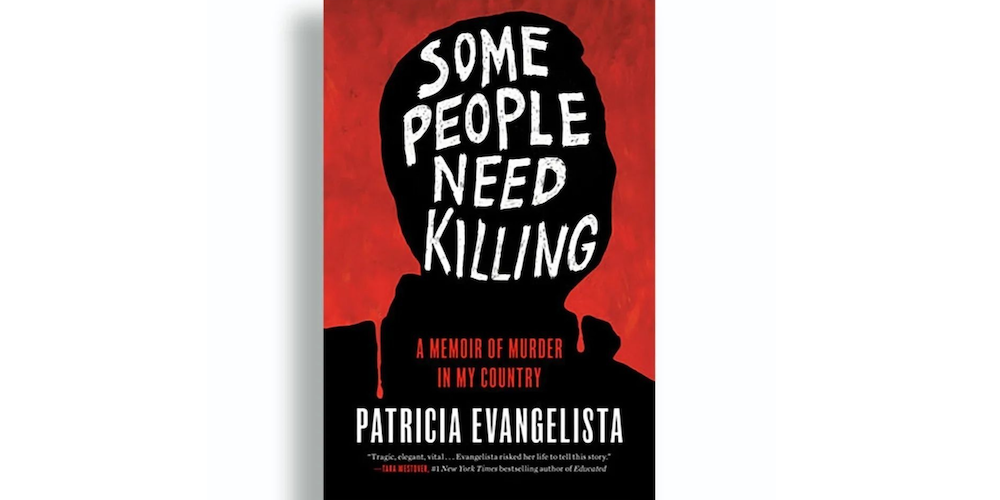Filipina-authored book about drug war lands spot on New York Times’ Best Books of 2023

Patricia Evangelista’s “Some People Need Killing” secures spot on New York Times’ Best Books of 2023 | Photo from patevangelista/Instagram
Can the written word serve as a vessel for justice and remembrance?
Filipina journalist Patricia Evangelista stands as a testament to this possibility, as her nonfiction masterpiece, “Some People Need Killing,” secures a place among the New York Times’ 10 Best Books of 2023.
The list, curated by The New York Times Book Review, features a compelling mix of fiction and nonfiction works, showcasing the contributions of authors across different genres.
As a former reporter for independent news site Rappler, Evangelista delves into the harrowing narratives of the “drug war” in the Philippines, a dark chapter in the nation’s history that unfolded between 2016 and 2022 during Rodrigo Duterte’s presidency.
On her Instagram, she expressed that she felt staggered by the recognition and shared, “I wrote the story, but it’s not just mine. The book was the product of many years of work and the efforts of a great many remarkable people, some of them survivors, who bore witness and chose to document a savage time.”
View this post on Instagram
The book sheds light on the reality of extrajudicial killings (EJKs), a term that became tragically commonplace during this period. She provides a fresh perspective, drawing from her experiences as a journalist covering the campaign.
“I am glad to know the book has been read. I am humbled there is an audience willing to listen. I hope the story goes far, and am honored to have been part of its telling,” she added.
The New York Times, in its review, commended Evangelista for her powerful storytelling, emphasizing the book’s focus on the untold stories of those who fell victim to the campaign.
The book offers a blend of intimate disclosures resembling a memoir and a broader exploration of Philippine history. She intertwines personal narratives with the socio-political context to create a narrative that captivates readers and forces them to confront uncomfortable truths.
“In her book, Evangelista makes us feel the fear and grief that she felt as she chronicled what Duterte was doing to her country. But appealing to our emotions is only part of it; what makes this book so striking is that she wants us to think about what happened, too,” the review reads.
View this post on Instagram
One notable aspect highlighted by The New York Times is Evangelista’s attention to language. Beyond her role as a journalist, she recognizes the power of language as a tool for communication, denial, threat, and persuasion.
“She pays close attention to language, and not only because she is a writer… Duterte’s language is coarse and degrading. Evangelista’s is evocative and exacting.”
In a society gripped by the complex dynamics of political turmoil, language becomes a crucial element in both perpetuating falsehoods and revealing truths.

